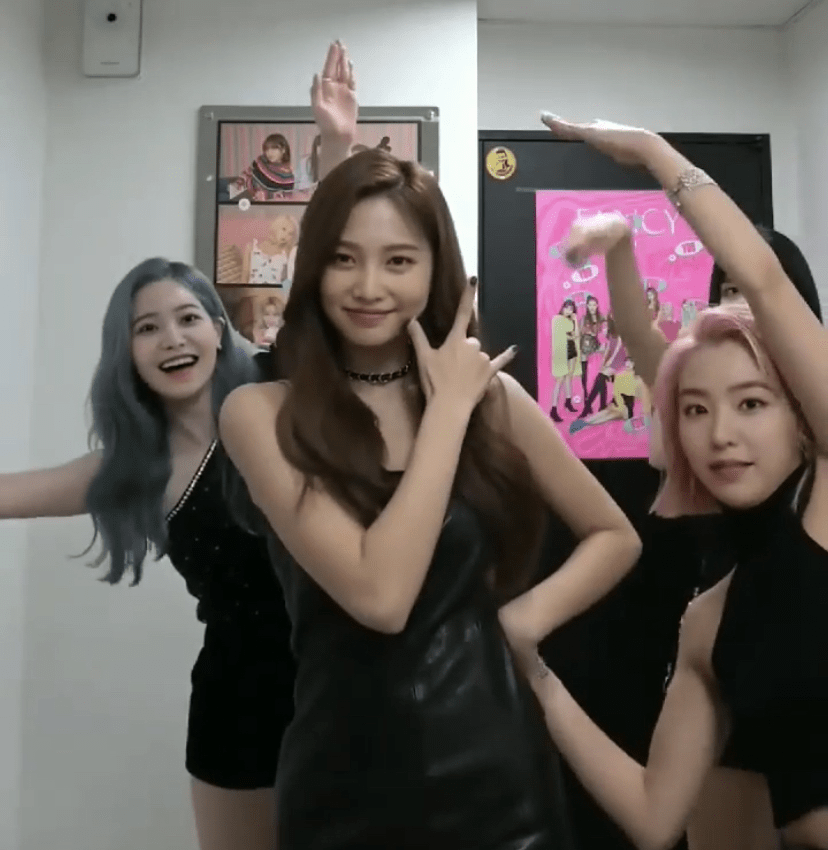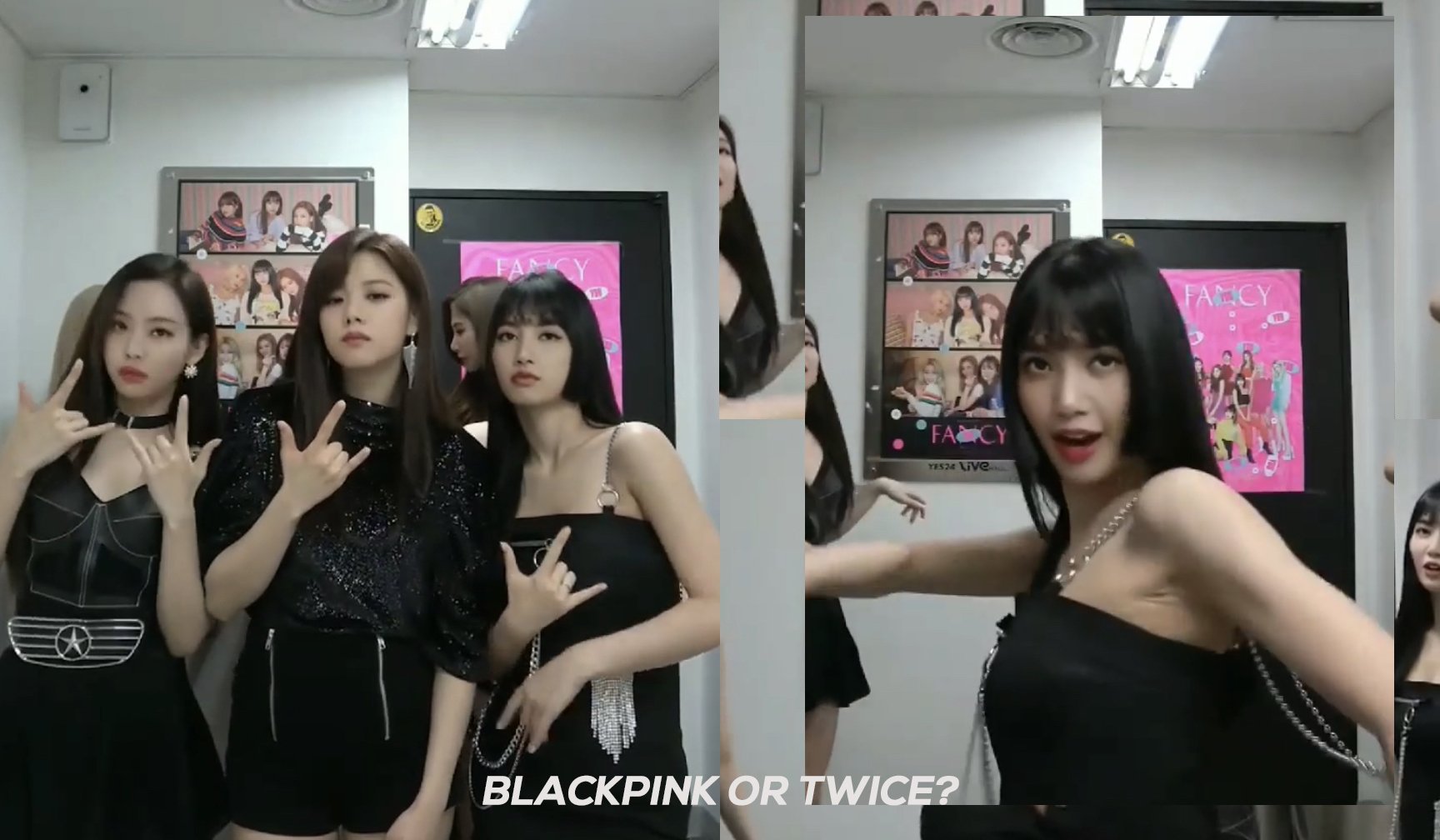Unveiling The Enigma Of Deepfake Voice In K-Pop
The world of K-Pop is an ever-evolving landscape, brimming with talent, creativity, and innovation. In recent times, a new phenomenon has emerged, capturing the fascination of fans and industry insiders alike: deepfake voice technology. This advanced form of artificial intelligence allows for the seamless imitation of a person's voice, raising intriguing questions about authenticity, artistry, and ethics within the vibrant K-Pop scene. As we delve into the complexities of deepfake voice K-Pop, we unveil the implications it has for artists and fans alike.
The intersection of technology and music has always been a point of intrigue, but the rise of deepfake voice technology presents both exciting possibilities and daunting challenges. Fans are captivated by the idea of hearing their favorite idols sing songs they never recorded, but at what cost? This article aims to explore the multifaceted aspects of deepfake voice K-Pop, from the creative potential it offers to the ethical dilemmas it poses.
As we embark on this exploration, it's vital to consider how deepfake voice technology can both enhance and undermine the artistry that K-Pop is known for. While some may view it as a tool for innovation, others raise concerns about the authenticity of the music and the potential for exploitation. Join us as we dissect the layers of deepfake voice K-Pop and uncover what lies beneath this captivating yet controversial trend.
What is Deepfake Voice Technology?
Deepfake voice technology refers to the use of sophisticated algorithms and machine learning models to produce artificial speech that mimics a person's voice. This technology can generate realistic audio clips by analyzing a person's vocal patterns, intonations, and even emotional expressions. In the K-Pop industry, where vocal talent is paramount, the implications of deepfake voice technology are profound.
How is Deepfake Voice Used in K-Pop?
Deepfake voice technology has found its way into the K-Pop realm in various ways, including:
- Creating virtual concerts featuring holographic performances of deceased or inactive idols.
- Producing new songs by existing K-Pop groups using deepfake technology.
- Engaging fans through personalized messages from their favorite idols.
- Enabling collaborations between artists who may never have the chance to work together in person.
Are There Risks Involved with Deepfake Voice K-Pop?
While the prospects of deepfake voice K-Pop may appear enticing, there are significant risks associated with its use. Issues of copyright, consent, and authenticity arise, leaving many to question the morality of using technology to replicate an artist's voice without their explicit permission. Furthermore, the potential for misinformation and manipulation adds another layer of concern.
Who Are the Key Figures Behind Deepfake Voice K-Pop?
To understand deepfake voice K-Pop better, we must look at some of the key figures contributing to its rise. Notable producers, tech innovators, and vocalists have all played a role in shaping this trend.
| Name | Role | Notable Work |
|---|---|---|
| Lee Soo-man | Producer | Founder of SM Entertainment, known for pioneering K-Pop trends. |
| Bang Si-hyuk | Producer | Founder of Big Hit Entertainment, instrumental in the rise of BTS. |
| Kim Taehyung | Vocalist | Member of BTS, known for his unique voice and artistic contributions. |
How Do Fans Respond to Deepfake Voice K-Pop?
Fan reactions to deepfake voice K-Pop are mixed. Some fans appreciate the creativity and innovation, enjoying the new possibilities it brings to the genre. Others express concerns about the implications for their favorite idols, fearing that deepfake technology could lead to exploitation or the dilution of artistic integrity.
What Are the Legal Implications of Deepfake Voice in K-Pop?
The legal landscape surrounding deepfake voice technology is still developing. Issues of copyright infringement, celebrity rights, and potential defamation are all areas of concern. As K-Pop continues to embrace this technology, it is crucial for artists, producers, and lawmakers to navigate these legal challenges carefully.
Can Deepfake Voice Technology Enhance K-Pop Creativity?
Despite the challenges, many believe that deepfake voice technology can serve as a tool for enhancing creativity within the K-Pop industry. By allowing artists to experiment with different vocal styles and collaborate in new ways, deepfake technology could open doors for innovative music production that was previously unimaginable.
Conclusion: The Future of Deepfake Voice K-Pop?
As we stand on the brink of a new era in K-Pop, deepfake voice technology presents both opportunities and challenges. While it has the potential to revolutionize the way music is created and consumed, it raises important ethical and legal questions that must be addressed. The future of deepfake voice K-Pop will depend on how artists, fans, and industry leaders navigate this complex landscape, ensuring that creativity flourishes while respecting the integrity of the artists involved.



ncG1vNJzZmixn6PAtr7IZqWeq6RjsLC5jq2pnqaUnruohI6dnJ6olpa4pnnVqKCcnV2gvbC8jaGrpqQ%3D